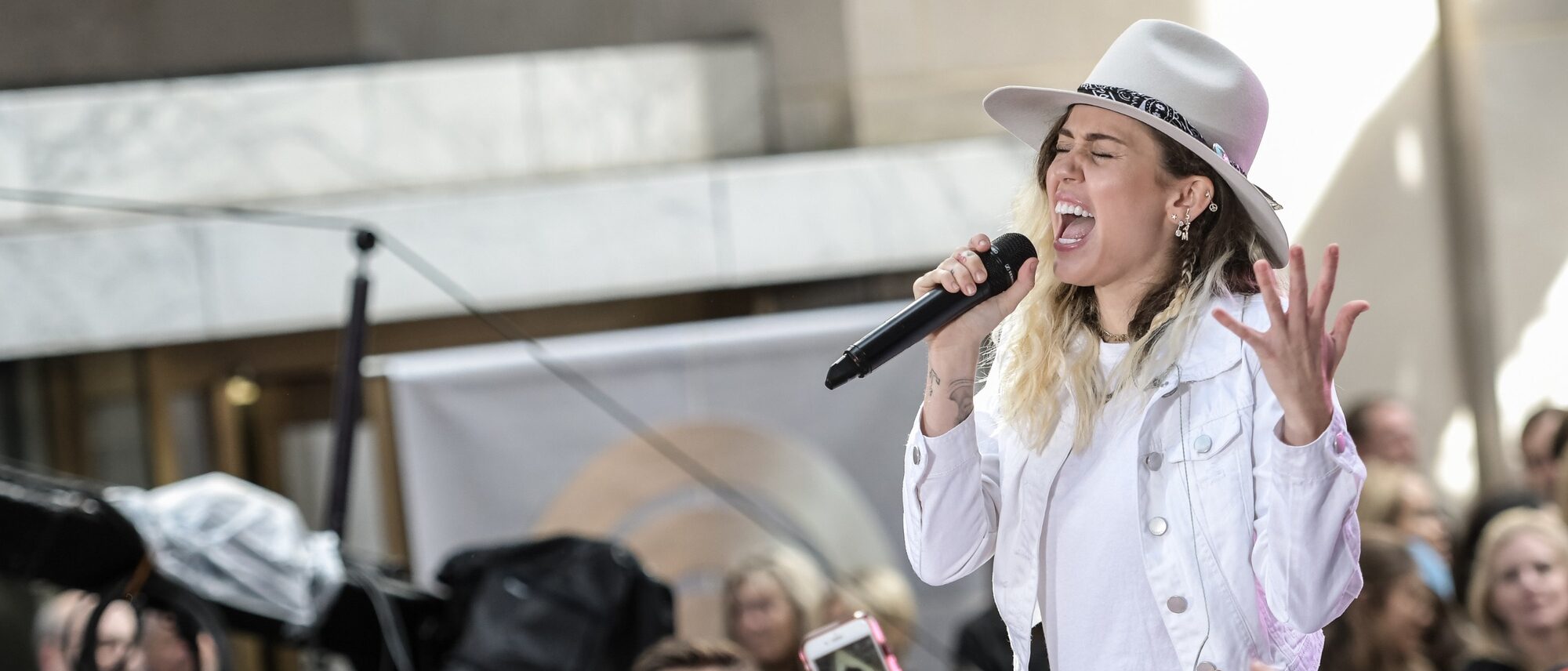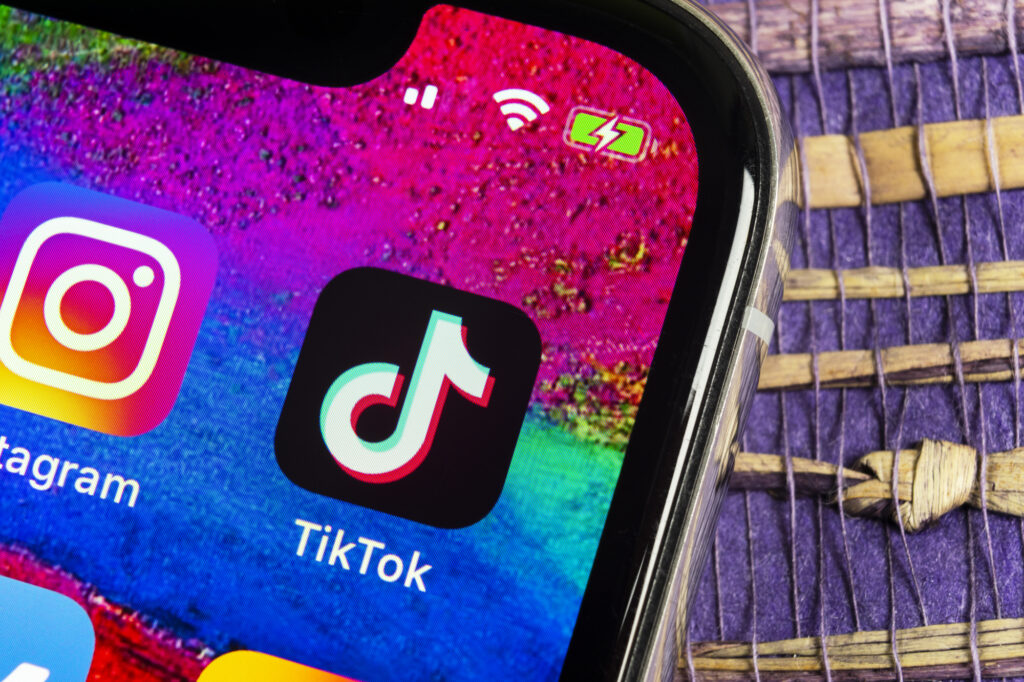Miley Cyrus’ Tempo Music Lawsuit: Will It Be Settled Out of Court?

Miley Cyrus’ Tempo Music Lawsuit: Will It Be Settled Out of Court?
When Miley Cyrus released her smash hit single “Flowers” earlier this year, listeners quickly noticed the song’s similarities to Bruno Mars’ 2012 track “When I Was Your Man.” From the lyrical references to the melodic structure, it was clear Cyrus’ breakup anthem interpolated elements of Mars’ own heartbreak ballad.
Now, a company claiming partial ownership of “When I Was Your Man” is taking the pop star to court over copyright infringement. But the lawsuit comes with an unprecedented twist – streaming services, retailers, and entertainment companies are also listed as defendants alongside Cyrus.
The Songs at the Center of the Lawsuit
“Flowers” was an instant chart-topper upon its January 2023 release. The cathartic, self-empowerment anthem broke airplay records and has spent eight weeks at No. 1 on the Billboard Hot 100 (and counting). Mars’ piano ballad “When I Was Your Man” also saw success in 2012, hitting No. 1 on the charts and earning a Grammy nod for Best Pop Solo Performance.
Upon the release of “Flowers,” fans immediately noticed how Cyrus flipped the perspective of Mars’ song, turning his lament about how “I should’ve bought you flowers” into her triumphant “I can buy my own flowers.” The lyrical and melodic similarities connect the two works.
An Unusual List of Defendants
The plaintiff in the lawsuit is Tempo Music Investments, which acquired a share of the rights to “When I Was Your Man” in 2020. Neither Mars nor the other writers are part of the suit. Instead, Tempo Music is suing Cyrus, her co-writers, and their publishing companies, claiming the two songs share “numerous melodic, harmonic and lyrical elements.”
Here’s where it gets unusual. Tempo Music is also suing major streaming services like Apple Music and Amazon Music, retailers including Target and Barnes & Noble, and entertainment companies like iHeartMedia and Disney. The complaint alleges these companies had a hand in distributing and profiting from Cyrus’ infringing work. Notably absent is Spotify, which hosted over 2 billion streams of the track.
Is it likely that the lawsuit will settle out of court? Betting site https://1xbet.com is offering odds of 1.333/1 and giving a 75% chance that it will.
What Happens Next?
Copyright lawsuits involving hit songs rarely follow predictable paths. Some end in settlements, with the accused artist retroactively adding names to the song’s credits and paying out an agreed sum. We saw this in cases like Olivia Rodrigo’s “Good 4 U” and Taylor Swift’s “Shake It Off.”
Other times, the court ruling overturns any logical expectation – like Katy Perry’s victory over “Dark Horse” despite a prior guilty verdict. Meanwhile, the Marvin Gaye estate has seen contradictory results in two high-profile cases against Robin Thicke/Pharrell Williams and Ed Sheeran.
Given the obvious similarities between these two heartbreak ballads, it’s puzzling Cyrus didn’t preemptively add Mars’ collaborators as co-writers. Perhaps she expected the interpolated lyrics to shield her from infringement claims.
By naming companies involved in distribution and sales as defendants, Tempo Music is testing new legal boundaries. If successful, it could establish new precedents around secondary liability in music copyright cases. For now, industry observers expect an eventual settlement, but some defendants may push for a court decision on the novel legal arguments.
With billions in royalties on the line, “Flowers” could spark years of legal wrangling. But one thing’s for certain – this copyright lawsuit stands out for its breadth of defendants and uncharted legal territory. For the music industry, the ripple effects could be seismic.







